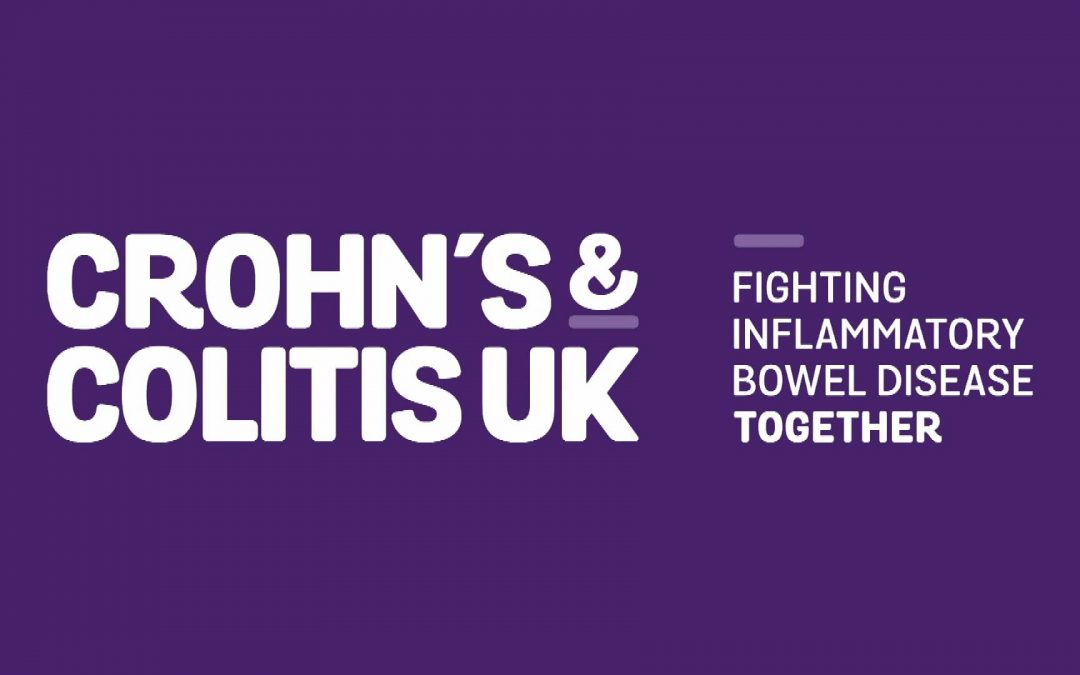

President Update 1st November 2020 (1) NEW – BSPGHAN AFFILIATION WITH FRONTLINE GASTROENTEROLOGY
BSPGHAN Council are delighted to announce that we have consolidated an affiliation with Frontline Gastroenterology.
This arrangement offers an exciting opportunity for BSPGHAN members to receive:-
- Free access to the online publication as a benefit of membership.
Access will be via the secure member area on the BSPGHAN website.
- The opportunity for publication of poster abstracts from the BSPGHAN Annual meeting in the journal.
Look out for a dedicated session introducing Frontline Gastroenterology at the 2021 virtual BSPGHAN Annual Meeting in January.
The journal
You will be aware that FG is an official publication of the British Society of Gastroenterology and is a companion journal to Gut and BMJ Open Gastroenterology. Frontline Gastroenterology publishes articles that accelerate adoption of innovative and best practice in the fields of gastroenterology, hepatology and clinical nutrition. Frontline Gastroenterology is especially interested in articles on multidisciplinary research and care, focusing on both retrospective assessments of novel models of care as well as putative future directions of best practice. The journal also publishes articles in the domains of clinical quality, patient experience, service provision and medical education.
Frontline Gastroenterology is seeking new trainee editors
Editor-in-Chief, Professor Mark Beattie, University of Southampton, would like to highlight to BSPGHAN members that FG is seeking applications for trainee editors to work with the editorial team to produce regular blogs, podcasts and other multimedia content as well as reviewing submissions and working with the editorial team to commission content.
Find out more about the role and application process.
Please see a recent article in FG from the BSPGHAN NIFWG

President Update 1st November 2020: (2) BSPGHAN HAS BEEN WORKING WITH THE RCPCH TO UPDATE GUIDANCE REGARDING CHILDREN AND YOUNG PEOPLE WHO ARE CLINICALLY EXTREMELY VULNERABLE
Clinically extremely vulnerable (CEV) children are those who are considered to be at the highest risk of severe disease due to SARS-CoV-2 infection.
Currently , the government and public health agencies have not issued guidance that people who are CEV are advised by to ‘shield’.
The evidence base around the impact of SARS-CoV-2 infection on children and young people with comorbidities has been developing over time. RCPCH is working with paediatric specialties to review this evidence and advise on which children and young people are at the highest risk of severe disease due to SARS-CoV-2 infection because they are ‘clinically extremely vulnerable’ (CEV). This includes the following:
- Research evidence summaries
- Service evaluation and audit on the care needs of children admitted to hospital (England)
- Systematic review of evidence about milder outcomes in children
- CEV children will be determined on individual basis, in discussions between the clinician, the child and their family. Of note, the majority of children shielded before, are not CEV.
CEV Young people’s transition to adult services Government advice on who is clinically extremely vulnerable is differs for adults and children. Risk of complications from SARS-CoV-2 infection is increasingly recognised as being primarily age related. As some patient’s transition, they may have new discussions with their adult clinicians around their clinical vulnerability. Paediatricians who are treating young people who are CEV and transitioning to adult care should discuss the risk of SARS-CoV-2 infection as a patient moves between services, using the specialty guidance which will be updated.
Children who are CEV to SARS-CoV-2 infection and attending school
While there may be other clinical reasons that prevent a child with underlying health conditions from attending school, while coronavirus shielding advice is paused, the small group of children who are considered to be CEV can attend school.
Governments may reintroduce shielding advice at a local or national level. If this happens, CYP who are advised to shield because they are CEV will receive a letter from the government. This may include advice not to attend school. Parents should contact their child’s specialist or GP if their child receives a letter telling them they are clinically extremely vulnerable, and they should shield that they did not expect.
Families are understandably worried. The College will continue to update current evidence on COVID-19 and children, and members are encouraged to use this when advising families.
The full guidance from the RCPCH will be released soon.

President Update 1st November. (3) UPDATE FROM CROHN’S & COLITIS UK FOR HEALTH CARE PROFESSIONALS – SEE INFORMATION BELOW FROM CCUK FOR THE ATTENTION OF BSPGHAN MEMBERS
Life in Lockdown Survey Results
As you will be very well aware, IBD services have been disrupted one way or another by the coronavirus pandemic and we know there has been an impact on you and on patient care. Our Life in Lockdown survey gave us an insight into how services have been impacted by the pandemic from the patient perspective – we received 7,666 responses from people with Crohn’s and Colitis. Look at our blog to find out more about the results and how you can use them.
Information and Resources for Patients
For regularly updated information about Covid-19, please continue to signpost patients to our website: https://crohnsandcolitis.org.uk/news/coronavirus-covid-19-advice
We have recently published a list of the ‘Top 8 things to do after a Crohn’s or Colitis diagnosis’, to help people who are new to the conditions navigate the wealth of information and support available to them. You can signpost patients to the new page using this link: www.crohnsandcolitis.org.uk/new-diagnosis
We have also added a new blog for patients ‘Top tips for getting the most out of your virtual appointment’. This blog answers questions or concerns for patients who have not had a telephone or video appointment before and gives clear tips for before, during and after the appointment.
While we cannot currently mail out patient packs, our online information is a great free resource that you can still signpost patients to.
Flu vaccination
We have called for everyone with Crohn’s or Colitis to have free access to the flu vaccine on the NHS this season, in a joint letter from our Chief Executive Sarah Sleet and the Presidents of the British Society of Gastroenterology and British Society of Paediatric Gastroenterology, Hepatology and Nutrition to the Joint Committee on Vaccination and Immunisation.
As you’ll know, the NHS guidelines on whether people with Crohn’s and Colitis are eligible to free vaccinations in England, Scotland, Wales and Northern Ireland are open to interpretation. Please encourage patients you consider eligible to get their flu vaccine as soon as possible. To help them with this, you can click here to download our open letter to vaccine providers explaining who with Crohn’s or Colitis is eligible for the free flu vaccine.
GINcast: Gastrointestinal Nursing Podcast
Episode 3 of GINcast explores how the Covid-19 pandemic has changed the way IBD nurses deliver care to patients with Crohn’s and Colitis. Listen to the podcast here.
Do get in touch with us at healthservices@crohnsandcolitis.org.uk if you have any queries.
Sue Protheroe
BSPGHAN President
President@bspghan.org.uk
